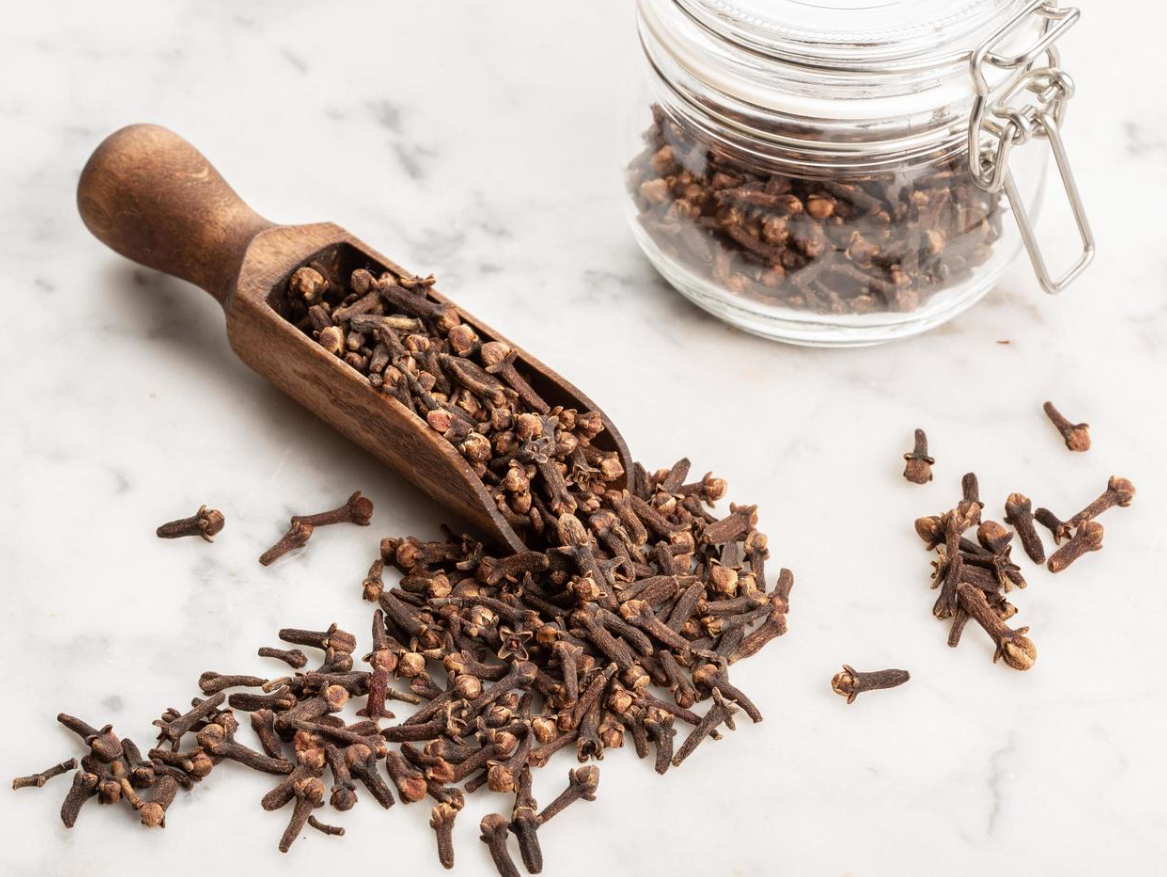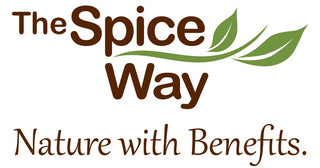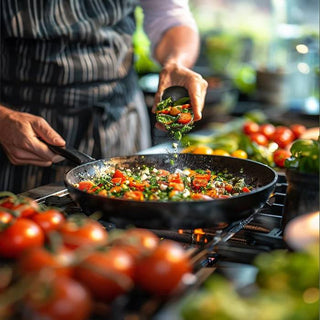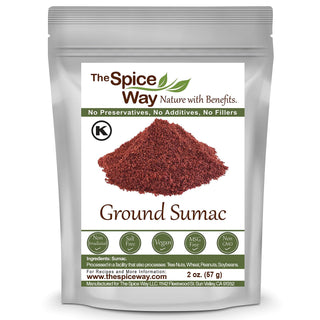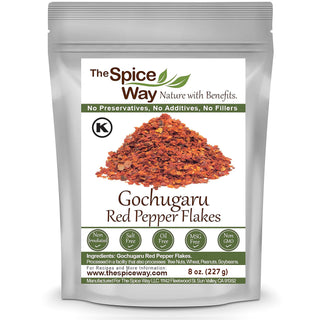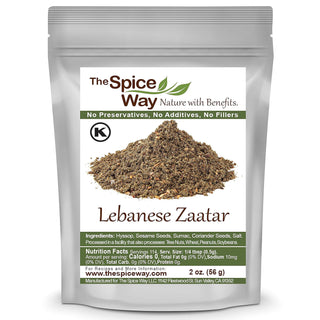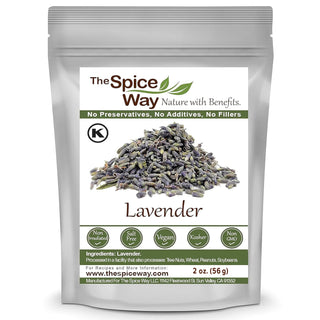Cloves are one of the most treasured spices in culinary traditions worldwide, known for their rich aroma and distinctive flavor. Derived from the dried flower buds of the Syzygium aromaticum tree, whole cloves have been used for centuries in cooking, traditional medicine, and even for preserving foods. Their warm, slightly sweet yet pungent taste makes them a versatile ingredient that enhances both sweet and savory dishes.
What Are Whole Cloves?
Whole cloves are dried, unopened flower buds harvested from a clove tree, typically found in tropical regions. When dried, they turn a deep brown color and develop a strong fragrance due to the presence of eugenol, an essential oil that gives cloves their characteristic spicy-sweet aroma and flavor.
Culinary Uses of Whole Cloves
Cloves are a staple in many cuisines, often used whole or ground. They can add depth, warmth, and complexity to a wide variety of dishes:
1. In Sweet Dishes
-
Whole cloves are commonly used in baking, adding a warming note to cakes, cookies, and pies.
-
They pair perfectly with cinnamon and nutmeg, making them a popular spice in pumpkin pie and gingerbread recipes.
-
Steeping cloves in syrups or infusing them into desserts like poached pears or rice pudding imparts a rich, aromatic sweetness.
2. In Savory Dishes
-
Cloves are often inserted into meats like ham or lamb before roasting to infuse a warm, slightly spicy flavor.
-
They are key components in spice blends such as garam masala and Chinese five-spice powder.
-
In soups, curries, and stews, whole cloves are added during cooking and removed before serving for a subtle yet impactful taste.
3. Beverages and Infusions
-
Cloves are a popular ingredient in mulled wine, chai tea, and spiced cider.
-
Adding a few cloves to hot water with lemon and honey creates a comforting, soothing drink.
Tips for Cooking with Whole Cloves
-
Use sparingly: Cloves have a strong flavor, so a few buds are usually enough for most recipes.
-
Infuse flavor: Pierce an onion or orange with cloves and add it to soups, stews, or broths for a mild infusion.
-
Remove before serving: Whole cloves are hard and woody, so they’re usually removed before eating.
-
Store properly: Keep them in an airtight container away from heat and sunlight to preserve their aroma.
History and Origins of Cloves
Cloves have a long and rich history dating back thousands of years. Native to the Maluku Islands (Spice Islands) in Indonesia, they were highly sought after in the ancient spice trade. Traders from Asia and the Middle East introduced cloves to Europe during the Roman Empire, where they became prized for their aromatic qualities and medicinal properties. By the Middle Ages, cloves were considered a luxury spice used in cooking, preserving food, and even in perfumes.
Global Culinary Influence
Cloves are a cornerstone in many culinary traditions around the world:
-
Asian Cuisine: Widely used in Indian curries, biryanis, and masala chai. Chinese cuisine incorporates cloves into five-spice powder, lending a distinctive flavor to stir-fries and roasted meats.
-
Middle Eastern and North African Dishes: Often combined with cinnamon and cumin in spice blends for tagines and slow-cooked stews.
-
European Cooking: Traditionally used in festive dishes, such as spiced mulled wine during winter holidays. In Scandinavian countries, cloves flavor breads, cookies, and pickled dishes.
-
Caribbean and Latin American Foods: Added to marinades and jerk seasoning for meats, enhancing both aroma and flavor.
Cooking Techniques with Whole Cloves
Mastering how to use whole cloves can elevate dishes effortlessly:
-
Toasting: Lightly toast cloves in a dry pan to enhance their fragrance before grinding or adding to dishes.
-
Infusing: Simmer whole cloves in liquids like milk or broth to impart a delicate, warm flavor.
-
Grinding: Freshly ground cloves provide a stronger, more pungent flavor than pre-ground spice.
Potential Precautions
While cloves are safe when used in cooking amounts, excessive consumption of clove oil or high concentrations may irritate or interact with certain medications. It’s best to enjoy cloves in moderate culinary doses.
Harvesting and Processing of Whole Cloves
Clove production is a meticulous process that requires precision and timing. The flower buds are handpicked just before they bloom to preserve their oil content and intense aroma. Once harvested, they are sun-dried until they turn a deep brown color. This natural drying process enhances their warm, sweet, and slightly peppery notes. High-quality cloves are recognized by their plumpness, reddish-brown hue, and intense aroma.
Storage and Shelf Life
Proper storage is key to maintaining the potency of whole cloves:
-
Airtight Container: Store in a sealed glass jar to protect from moisture and air exposure.
-
Cool, Dark Place: Keep away from direct sunlight and heat to prevent loss of flavor and aroma.
-
Longevity: Whole cloves can retain their quality for up to a year or more when stored correctly, while ground cloves have a shorter shelf life.
How to Identify Quality Cloves
When buying whole cloves, look for these signs of freshness and quality:
-
Appearance: Full-bodied, with a rounded head and a firm stem.
-
Color: Deep brown with slight reddish tones.
-
Aroma: Strong, warm, and slightly sweet scent.
-
Float Test: Fresh cloves will sink in water or stand vertically, while old or low-quality cloves float horizontally.
Cloves as a Natural Preservative
Due to their high concentration of essential oils with antimicrobial properties, cloves have been traditionally used to preserve food. They help slow down spoilage in pickles, marinades, and cured meats, making them a natural preservative in traditional cooking.
Incorporating Cloves into Daily Cooking
Here are some practical ideas for adding cloves to your everyday meals:
-
Add 2–3 whole cloves while cooking rice or pilaf for a mild, aromatic flavor.
-
Pierce cloves into citrus fruits when making hot beverages or punch.
-
Enhance homemade spice blends with crushed cloves for added warmth.
-
Use them in slow-cooked roasts or braises to infuse deep, layered flavors.
Cloves in Modern Cuisine
Contemporary chefs are experimenting with cloves in innovative ways:
-
Infusing them into syrups for craft cocktails.
-
Using ground cloves in spice rubs for barbecue dishes.
-
Pairing them with chocolate in gourmet desserts.
-
Blending them with coffee beans to create spiced coffee drinks.
Final Thoughts
From their fascinating history to their multifaceted culinary applications, whole cloves remain an essential spice that transcends borders and cuisines. Whether adding depth to a savory stew, sweetness to baked goods, or warmth to holiday beverages, cloves are a timeless ingredient that continues to enrich kitchens worldwide. Their rich flavor profile, paired with notable benefits, makes them a spice worth celebrating and exploring in everyday cooking.
FAQS
1. What are whole cloves used for in cooking?
Whole cloves are used to add warmth and depth to both sweet and savory dishes. They’re commonly used in spice blends, baked goods, curries, stews, and beverages like mulled wine and chai tea.
2. Can I substitute ground cloves for whole cloves?
Yes, you can substitute ground cloves, but they have a stronger, more concentrated flavor. Generally, ¼ teaspoon of ground cloves equals about three whole cloves. Adjust to taste when substituting.
3. How do you store whole cloves for maximum freshness?
Store whole cloves in an airtight container in a cool, dark place away from sunlight and moisture. Properly stored cloves can maintain their flavor and aroma for up to a year or longer.
4. Are cloves safe to consume daily?
When used in typical culinary amounts, cloves are safe for daily cooking. However, consuming large amounts or concentrated clove oil should be avoided unless advised by a healthcare professional.
5. How do I remove whole cloves from dishes after cooking?
Whole cloves are hard and woody, so they should be removed before serving. They can be easily spotted in dishes or pierced into an onion or an orange for effortless removal.
